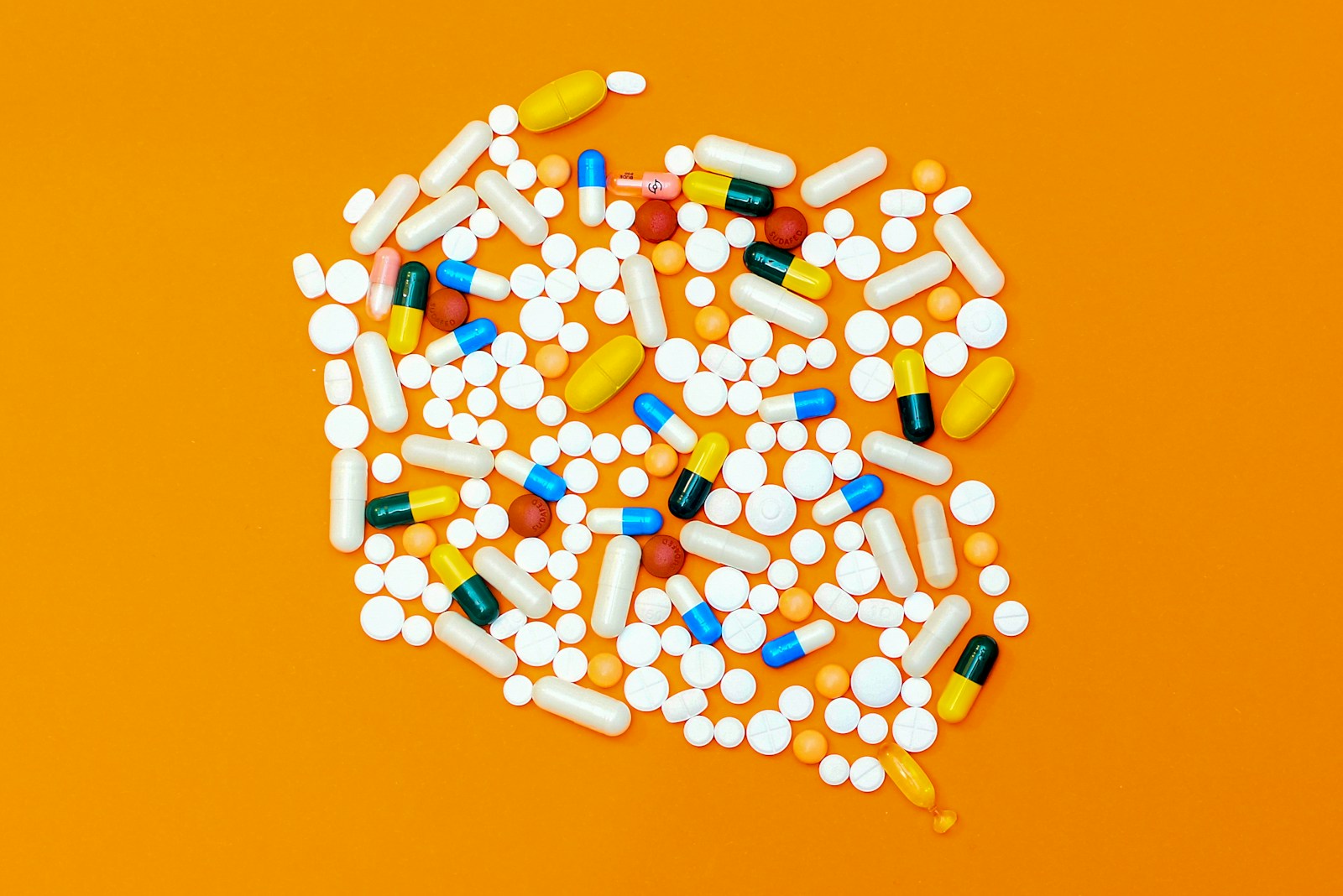Many people use the terms “addiction” and “habit” interchangeably, but there are crucial differences between these two behavioral patterns. Understanding these distinctions can be life-saving when it comes to recognizing when professional addiction treatment is necessary. This article explores the key differences between addictions and habits, signs that indicate you might need help, and how to access effective addiction treatment services, including outpatient options.
What Is a Habit?
A habit is a routine behavior that is repeated regularly and tends to occur subconsciously. Common examples include:
- Checking your phone first thing in the morning
- Biting your nails when nervous
- Having a specific bedtime routine
- Drinking coffee every morning
Habits form through repetition and can be either beneficial or detrimental to our well-being. The key characteristic of habits is that while they may be difficult to break, they generally don’t significantly impair your functioning or health.
What Is an Addiction?
Addiction, by contrast, is a complex brain disorder characterized by compulsive substance use or behavior despite harmful consequences. The American Society of Addiction Medicine defines addiction as “a treatable, chronic medical disease involving complex interactions among brain circuits, genetics, the environment, and an individual’s life experiences.”
Key elements of addiction include:
- Compulsion: An overwhelming urge to engage in the behavior
- Loss of control: Inability to stop despite wanting to
- Negative consequences: Continued use despite serious problems
- Tolerance: Needing more of the substance/behavior for the same effect
- Withdrawal: Physical or psychological symptoms when stopping
Critical Differences Between Habits and Addictions
1. Neurological Impact
Habits primarily involve the basal ganglia region of the brain, which helps us develop routine behaviors that require minimal conscious thought.
Addictions dramatically alter brain chemistry, particularly affecting dopamine pathways related to reward and motivation. These changes can be long-lasting and affect decision-making abilities.
2. Control
Habits can be challenging to change but remain within your control with sufficient awareness and effort.
Addictions involve a loss of control where the person continues the behavior despite sincere desires and attempts to stop.
3. Consequences
Habits may have minor negative consequences but rarely devastate one’s life.
Addictions frequently lead to serious consequences in multiple life areas:
- Health problems
- Relationship breakdowns
- Financial difficulties
- Job loss
- Legal troubles
4. Psychological Dependency
Habits don’t typically involve psychological dependency.
Addictions create powerful psychological dependencies where the substance or behavior becomes central to coping with stress or emotions.
5. Progression
Habits generally remain stable in intensity.
Addictions tend to worsen over time, requiring increasing amounts of the substance or behavior to achieve the desired effect.
Warning Signs That a Habit Has Become an Addiction
If you’re concerned about yourself or a loved one, these signs may indicate that professional addiction treatment is needed:
- Spending significant time obtaining, using, or recovering from a substance
- Failed attempts to cut down or control use
- Continuing despite awareness of physical or psychological problems
- Neglecting responsibilities at work, school, or home
- Giving up important activities because of the substance/behavior
- Using in physically dangerous situations
- Experiencing withdrawal symptoms
- Developing tolerance (needing more for the same effect)
Seeking Addiction Treatment: Where to Start
If you recognize signs of addiction, professional addiction treatment can provide the support needed for recovery. Here’s how to begin:
1. Professional Assessment
Start with a thorough evaluation from a healthcare provider or addiction specialist. This assessment will determine:
- The severity of the addiction
- Whether there are co-occurring mental health conditions
- The appropriate level of care needed
2. Understanding Treatment Options
Addiction treatment exists on a spectrum, including:
- Detoxification: Medical supervision for withdrawal from substances
- Inpatient rehabilitation: 24/7 care in a residential setting
- Outpatient addiction treatment: Regular treatment sessions while living at home
- Support groups: Peer-based recovery communities
3. Outpatient Addiction Treatment Programs
Outpatient addiction treatment offers flexibility for those who cannot pause their daily responsibilities. Options include:
- Standard Outpatient Programs (OP): Typically 1-2 hours of treatment, 1-2 times per week
- Intensive Outpatient Programs (IOP): Usually 3-4 sessions weekly, 2-4 hours each
- Partial Hospitalization Programs (PHP): Most intensive outpatient option, often 5-7 days per week for several hours daily
These programs typically provide:
- Individual counseling
- Group therapy
- Family therapy
- Medication management (when appropriate)
- Education about addiction
- Relapse prevention planning
- Life skills development
4. Finding the Right Provider
When searching for addiction treatment:
- Check whether providers accept your insurance
- Research their treatment approaches
- Verify credentials and licensing
- Read reviews from former clients
- Consider location and accessibility
- Ask about success rates and aftercare support
5. Preparing for Treatment
Once you’ve selected an addiction treatment provider:
- Arrange time off work if needed
- Organize transportation to appointments
- Set up support at home
- Be honest during your intake assessment
- Commit to following treatment recommendations
Recovery Is Possible
The journey from addiction to recovery begins with recognizing the difference between a challenging habit and a true addiction. While breaking habits requires dedication and awareness, overcoming addiction typically requires professional addiction treatment and support.
If you or someone you love is struggling with addiction, remember that effective treatment is available. Outpatient addiction treatment programs offer professional help while allowing individuals to maintain their daily responsibilities. With the right support, recovery from addiction is not just possible—it happens every day.
The path may not be easy, but taking that first step toward addiction treatment can be the beginning of a healthier, more fulfilling life free from the chains of addiction.





